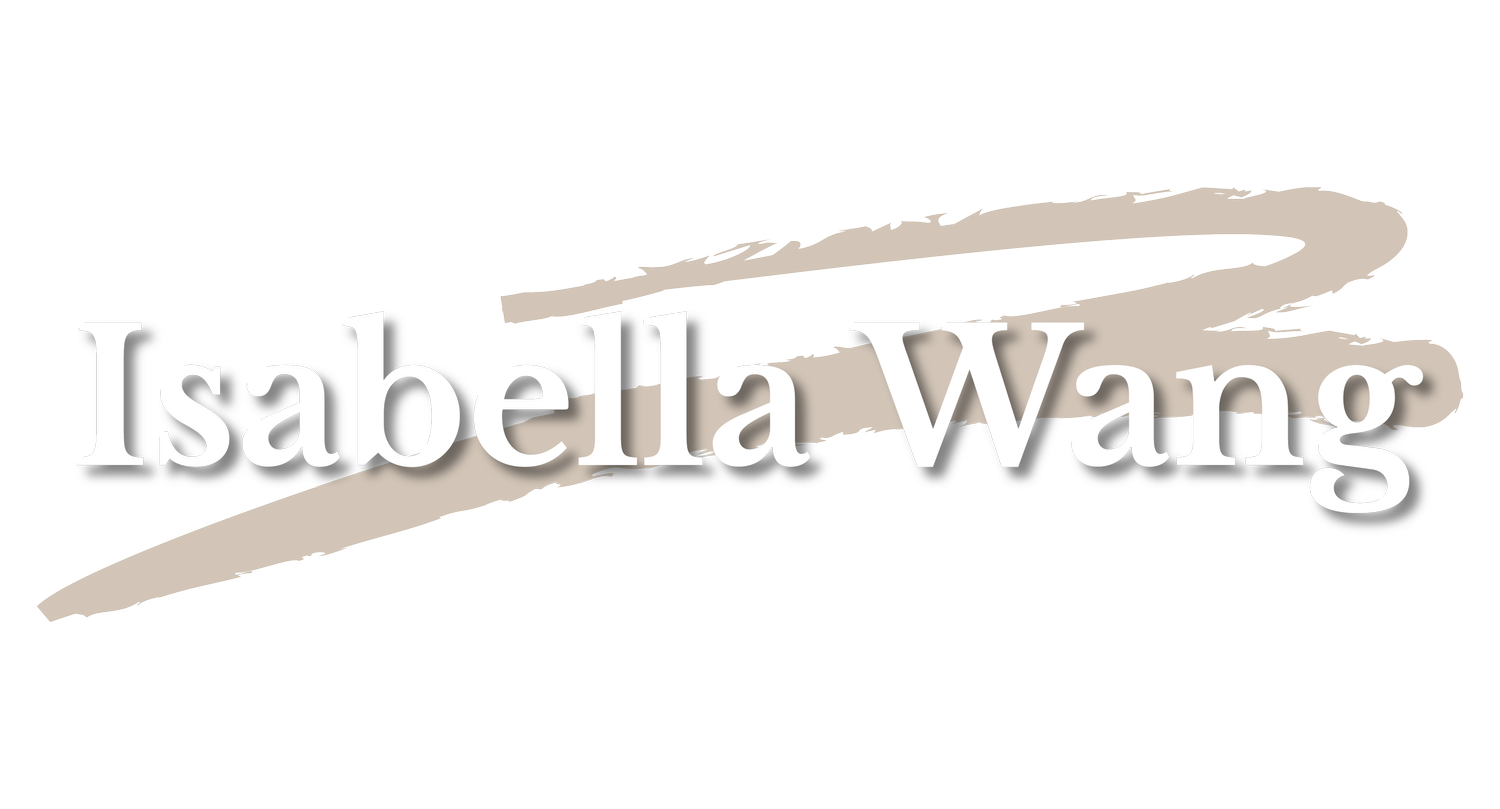From Scarcity to Abundance: Embracing the Next Frontier of Economic Transformation
During my time in university, I chose to major in economics without a clear sense of direction for my future. I hoped that delving into this subject would provide me with insights and ideas about how the world operates. However, as I progressed through my studies, I grew increasingly disenchanted with many of the theory-based classes, finding them flawed and disconnected from humane values. My mind often wandered during these lectures and amidst the sea of forgettable concepts, one idea managed to leave a lasting impression: scarcity.
I still have the instructor’s presentation slides that I printed at the university in 2010. It is another story why I still have them.
In Macroeconomics 101, we were taught that the resources we hold dear — time, money, labor, tools, land, and raw materials — are inherently limited. Consequently, the available resources will never suffice to meet all our needs and desires. This condition is known as scarcity.
At present, the prevailing technology and venture capital structures are fundamentally flawed. One of the core issues lies in the concept of scarcity, which not only permeates credible economic theories but also underpins the basic logic behind various aspects of our lives. Unfortunately, this scarcity mindset fosters an unhealthy society, creating a set of beliefs and behaviors that hinder our collective well-being.
Economic Scarcity Trap
The narrative of scarcity has captivated the world for centuries. Despite evidence to the contrary, our underappreciated minds find it resourceful and efficient, leading us to build our entire infrastructure on this premise. Even when confronted with proof of its absurdity, we craft stories to justify its continued belief. Why? Because, to some extent, it has worked in the past and continues to yield results.
The scarcity mindset perpetuates a multitude of detrimental effects. It fuels exponential growth at the expense of sustainability, encourages the pursuit of immediate outcomes through hasty exits, fosters monopolies, and engenders a short-term thinking mentality. This mindset engulfs us in an obsession with competition, perpetuating a zero-sum game where winners and losers abound. It reinforces the notion that there is never enough to go around, prioritizing quantity over quality and favoring consumption over creation and sustainable growth.
As a society, we have reached a critical breaking point. Mental health issues are skyrocketing, and the discourse surrounding sustainability and ESG-related topics has reached its pinnacle. The irresponsible development of technology has become a central subject of discussion over the past two years. While we bring forth potential solutions and band-aids, we must not overlook the root cause that necessitates these remedies. Microeconomics 101, still revered and widely taught in prestigious universities, highlights the significance of companies aligning their values and goals with a scarcity mindset and a competitive mode.
Transcending Scarcity for Progress
Merely forecasting trillions of dollars in ESG investments will not bring about substantial change if it remains built upon a foundation of scarcity. It is akin to attempting to construct a 100-story skyscraper on a foundation designed for only 10 floors — it is simply unachievable. Our aspirations for co-creation, social responsibility, ESG-focused investment, and conscious investment in sustainability resemble a grand plan for a 100-floor structure, while our foundation is rooted in fear, competition, and scarcity.
AKFI is the first and the only industry consortium closing the gap between Sustainability, ESG and Digital Transformation.
In truth, nature has never failed to demonstrate abundance. It is our limited perspective that prevents us from perceiving it. It is our birthright to enter this world equipped with unique gifts and the abundance of resources the universe generously offers. The system we currently navigate is deeply flawed, and society faces formidable challenges. We have been deceived into thinking that merely documenting our ESG and sustainable intentions is sufficient to manifest them into reality. This is not the path to human progress, and we must transcend our mindset to elevate ourselves. That is part of the reason I embarked on the journey of founding Digital Thinker.
The alignment between our vision, values, and purpose and the concept of Environmental, Social, and Governance (ESG) is notable. As the pendulum swings from one extreme to the other, the global shift towards ESG principles presents us with an extraordinary opportunity to shape our vision and construct a narrative that resonates deeply with our shared humanity.
It is crucial to recognize that this alignment does not contradict our current endeavors, regardless of their scale and function. On the contrary, everything we do seamlessly harmonizes with the values that underpin our story. This alignment serves as a compass, guiding us towards the future trajectory we must claim, even if it may initially seem audacious.
And, let us emphasize that this future is both realistic and well within our reach.
